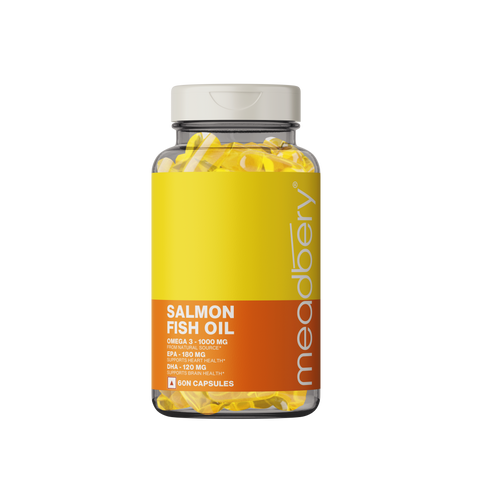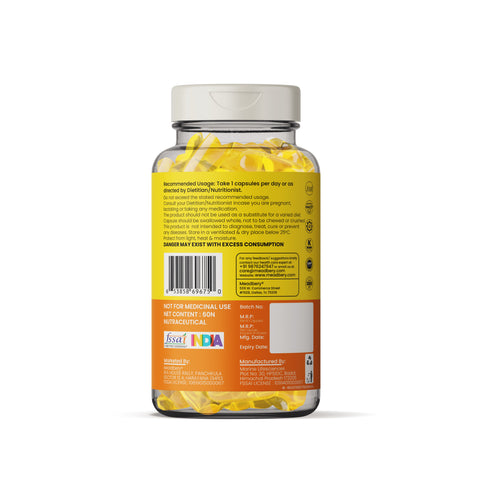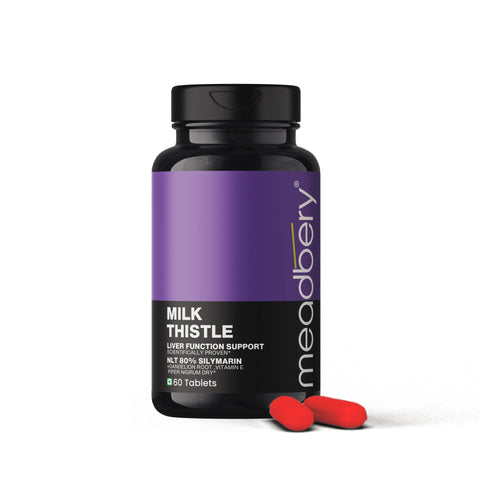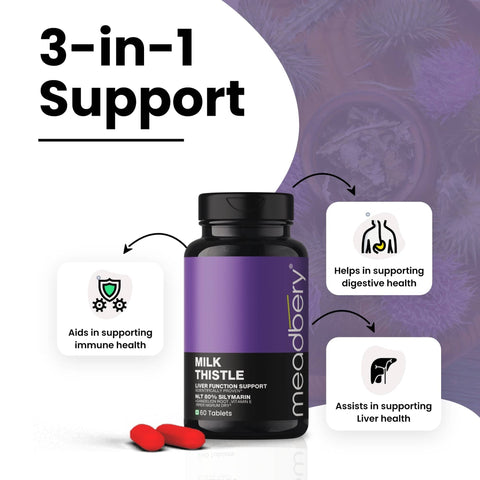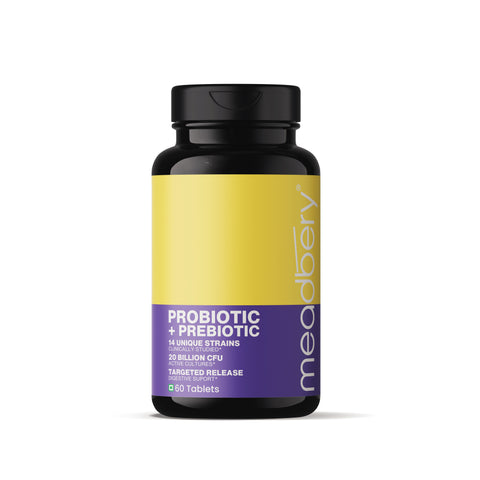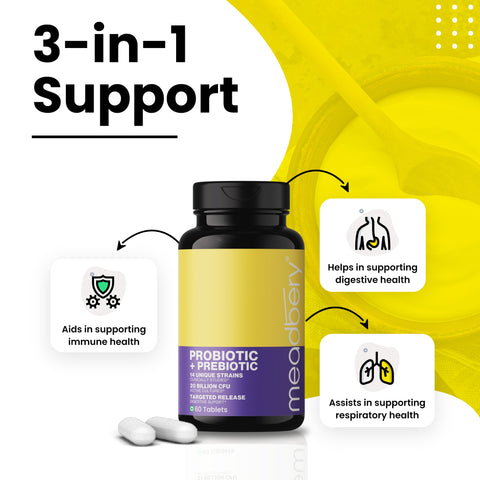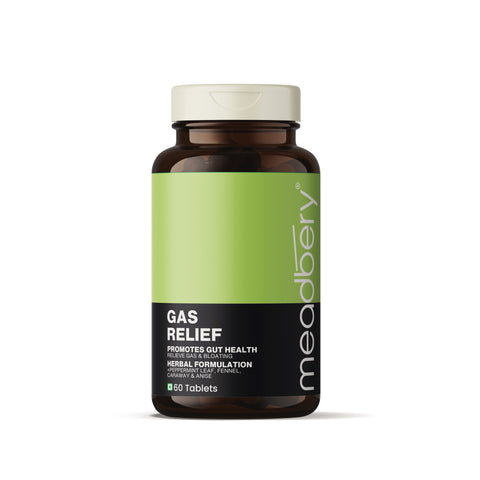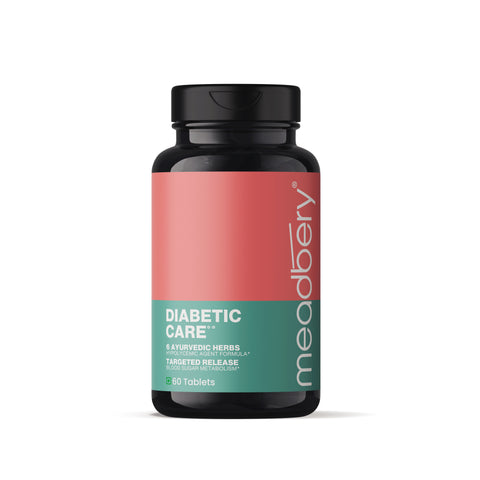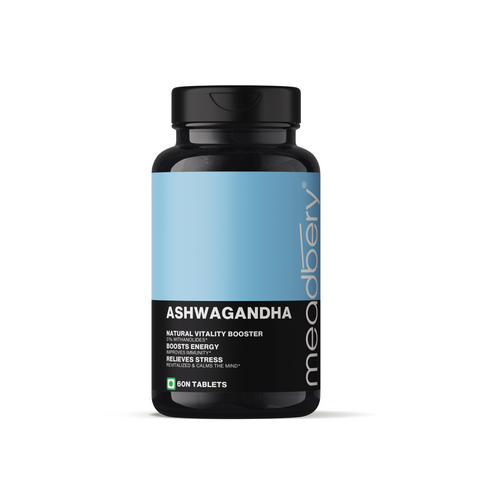Why Multivitamins + Probiotics?
Poor Gut Health Affects Your Mood, Energy, Brain, Hormones, and Skin Health. A recent study has shown that (Lactobacillus rhamnosus) a probiotic is effective in reducing abdominal pain with functional gastrointestinal disorders, such as irritable bowel syndrome. The findings also reveal that probiotics or their derived products/supplements help regulate intestinal homeostasis and prevent and/or treat intestinal inflammatory diseases.
Microorganisms play an important role in nutrient and energy extraction and energy regulation. The condition of the digestive system plays an essential role in how food and nutrients are broken down, absorbed, and metabolized. When the gut is healthy, the digestive system is able to break down the food particles and absorb the nutrients more efficiently. When the gut is not healthy, there is a decrease in the efficacy of nutrient absorption. Hence making efforts to improve nutrient absorption will eventually result in a better, healthier gut and improves overall health.
Benefits of Having Multivitamins with Probiotics.
The combination of Multivitamins with probiotics has the benefits of both essential vitamins and minerals with the potential positive effects of probiotics on gut health. Here are some common uses and benefits of multivitamins with probiotics:-
- Nutritional Support: Multivitamins have all essential vitamins and minerals that your body requires for proper functioning. Multivitamin + Probiotics tablets help fill in the nutritional gaps in your diet, ensuring that you get the necessary nutrients for overall health.
- Gut Health: Probiotics are helpful microorganisms that support healthy gut microbiota and are good for your gut health. They help in better digestion, increased nutrient absorption, and support a healthy gut flora, which is important for immune function and metabolism.
- Immune System Support: Vitamins and probiotics have equal contribution in building up a stronger immune system. Vitamins such as vitamin C, vitamin D, and zinc, are known for their immune-boosting properties. Probiotics also help regulate the immune response and prevent the overgrowth of harmful bacteria.
- Digestive Health: Probiotics help with digestion by encouraging food breakdown and nutrient absorption. Additionally, they play an important role in reducing gastrointestinal problems like gas, bloating, and irregular bowel movements.
- Mood and Mental Health: There is emerging evidence that the gut-brain connection plays a role in mood and mental health. Probiotics influence neurotransmitter production and help regulate mood. Some multivitamins with probiotics include specific strains that could potentially enhance your mental well-being.
- Vitamin and Mineral Absorption: A balanced gut microbiome can improve the absorption of certain vitamins and minerals in the intestines. Probiotics enhance the bioavailability of nutrients like iron, calcium, and magnesium.
- Antibiotic Support: Taking probiotics alongside antibiotics can help lessen some of the harmful effects on the gut microbiome. Antibiotics have the potential to upset the balance of good bacteria in the stomach, which could result in digestive problems. During antibiotic therapy, probiotics can support a more favorable microbial balance.
- Travel and Digestive Discomfort: Probiotics help reduce the risk of digestive discomfort associated with traveling or changing diets frequently, such as traveler's diarrhea. Multivitamins with probiotics provide a comprehensive solution for maintaining overall health while traveling.
It's important to note that while multivitamins with probiotics can offer potential benefits, individual responses can vary. Consulting a healthcare professional before adding any new supplement to your routine is recommended, especially if you have any underlying health conditions or are taking other medications. They will help determine whether a multivitamin with probiotics is appropriate for your specific needs and health goals.
Role of Ayurveda in Nutrient Absorption and Gut Health-
According to Ayurveda - “ All disease begins in the gut.” Ayurvedic medicine is based on the idea that the world is made up of five elements — Aakash (space), Jala (water), Prithvi (earth), Teja (fire), and Vayu (air). A combination of each element results in three doshas known as Vata, Kapha, and Pitta. With respect to nutrient absorption and gut health-
Vatta
Vata dosha includes processes responsible for movement at all levels of the physiology, excretion of wastes, and also cognition. The primary location of Vata, according to Ayurveda, is in the colon, where most of the gut microbiome is located.
Kapha
Kapha (pronounced “kuffa”) dosha governs the growth and maintenance of structure and its primary location is in the chest area.
Pitta
Pitta dosha is responsible for such functions as digestion, metabolism, thermoregulation, and energy homeostasis and resides in the midgut area.
These doshas are responsible for a person’s physiological, mental, and emotional health, and Good health is considered to be a perfect state of balance between these doshas.Fatigue is caused by the imbalance of one, some, or all the three Doshas.
Ayurveda sets importance on the concept of "Agni," which refers to the digestive fire responsible for breaking down and assimilating nutrients from the food we consume. A balanced agni is important for effective nutrient absorption. Ayurveda suggests that factors like eating appropriate foods for your body type, maintaining regular eating patterns, and avoiding overeating or undereating can help maintain strong agni.
Ayurveda uses various herbs and spices with digestive-enhancing properties. For example, ginger, cumin, fennel, and coriander are often used to promote digestion and reduce gas and bloating. These herbs are believed to stimulate agni and improve nutrient assimilation.
























 Multivitamin with Pre-Probiotics
Multivitamin with Pre-Probiotics Order in the next to get it by
Order in the next to get it by 

























